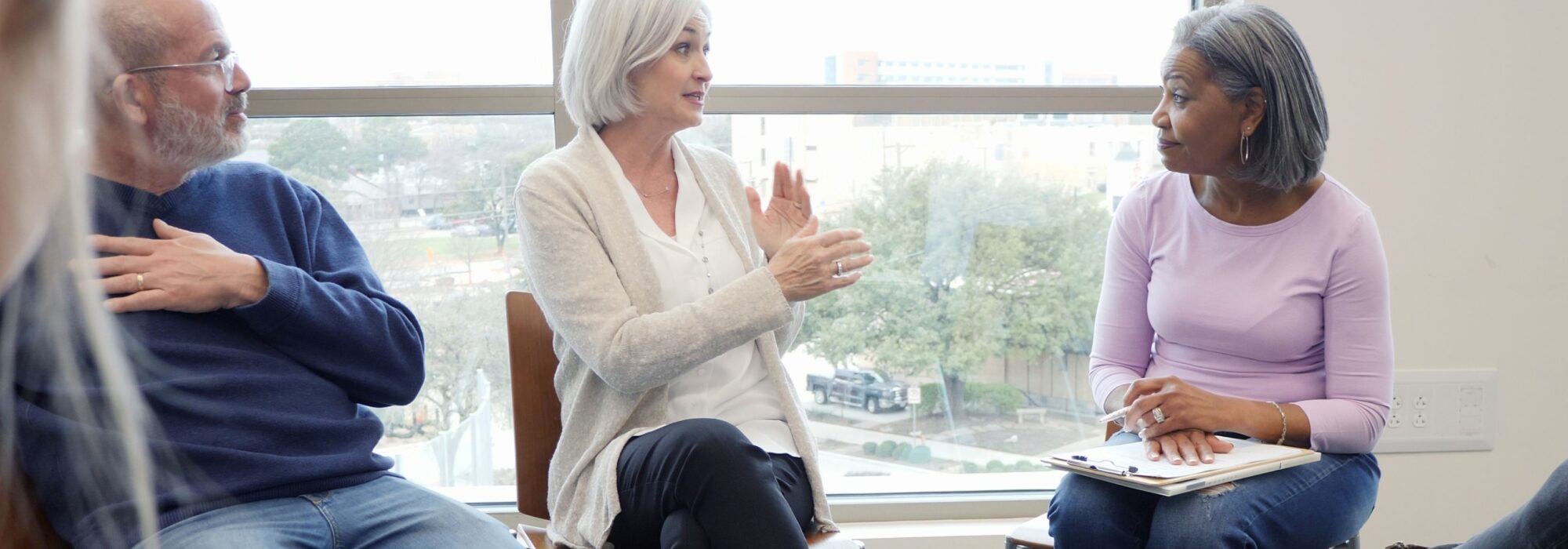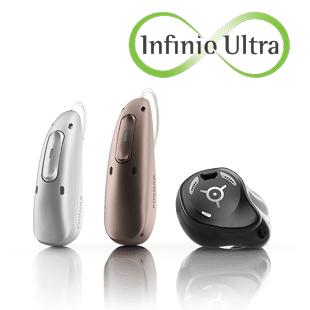
Social coaching in audiology: A new approach to supporting older adults with hearing loss
Researcher Dr. Bec Bennett offers insights into social coaching as an important tool in person-centered audiology. Learn how to support patients not just in hearing, but in connecting and belonging.
Hearing loss is more than just a sensory impairment—it has profound effects on a person’s ability to engage socially, connect with others, and maintain a fulfilling quality of life. As audiologists, we routinely focus on improving access to sound through hearing aids and assistive devices. However, the broader social and emotional consequences of hearing loss often remain unaddressed.
Our recent paper, Social Coaching: Applying Keyes’ Model of Social Wellbeing to Audiological Support for Older Adults with Hearing Loss, highlights the need for audiologists to integrate social coaching into their practice. This approach moves beyond amplification to actively support patients in navigating the social challenges of hearing loss.
In this blog, we outline the key takeaways from our work and, most importantly, what this means for clinical practice.
What is social coaching?
Social coaching is a structured, person-centered approach aimed at enhancing an individual’s ability to engage in meaningful social interactions. It involves teaching communication strategies, building self-confidence, and supporting emotional resilience to help people overcome the social barriers created by hearing loss.
We propose using Keyes’ Model of Social Wellbeing to guide social coaching in audiology. This model identifies five key areas where hearing loss can impact a person’s social life:
- Social Coherence – Understanding and making sense of social interactions.
- Social Integration – Feeling included and connected within social groups.
- Social Acceptance – Feeling valued and respected by others.
- Social Contribution – Believing that one’s actions make a meaningful difference in social contexts.
- Social Actualization – Seeing opportunities for personal growth within social relationships.
Why should audiologists care about social coaching?
Because our patients do. Many older adults with hearing loss report frustration, isolation, and a loss of confidence in social settings. Patients often express a desire for support beyond hearing aids, yet many audiologists feel ill-equipped to address these broader psychosocial needs.
By incorporating social coaching into practice, audiologists can:
- Improve patient outcomes: Patients who receive social coaching experience greater confidence, better communication, and a stronger sense of belonging.
- Strengthen patient-provider relationships: Addressing social well-being fosters a more holistic and person-centered approach to care, increasing patient trust and satisfaction.
- Enhance long-term hearing aid success: Social coaching can improve hearing aid uptake and continued use by helping patients apply their devices effectively in challenging environments.
What can audiologists do differently?
So, what does this look like in practice? Here are five practical ways audiologists can begin incorporating social coaching into their everyday care:
1. Assess social well-being as part of routine care
- Use open-ended questions to explore social challenges:
- “Are there any social situations where you struggle to participate?”
- “Do you ever avoid certain environments because of your hearing?”
- “How comfortable do you feel asking others to adjust their communication for you?”
- Consider integrating validated social well-being assessments into patient care.
2. Teach communication strategies beyond the audiogram
- Train patients to manage group conversations by positioning themselves strategically and using clarification strategies.
- Encourage assertive communication to help patients advocate for their hearing needs in social settings.
- Recommend assistive listening devices tailored for real-world social environments (e.g., remote microphones for group settings).
3. Support emotional resilience
- Acknowledge and validate patients’ frustrations with social withdrawal.
- Offer role-playing exercises to help patients practice navigating social situations.
- Refer to peer support groups or online communities for shared experiences and coping strategies.
4. Involve family and social networks
- Educate family members on how to communicate more effectively with a person with hearing loss.
- Facilitate joint counselling sessions to strengthen understanding between patients and their loved ones.
- Encourage social prescribing, connecting patients with local community groups that foster inclusion and participation.
5. Integrate social coaching into rehabilitation programs
- Consider existing evidence-based communication training programs such as:
- Active Communication Education (ACE) – Group and individual communication skills training.
- SUPR (SUpport PRogram) for Hearing Aid Users – A web-based rehabilitation program.
- Lip-reading training platforms – Such as Read Our Lips to improve visual communication skills.
Beyond hearing aids: Supporting the whole person
Social coaching does not require audiologists to become therapists—it simply involves expanding our role to address the broader impacts of hearing loss on social wellbeing. By recognizing these challenges and implementing small but meaningful changes, we can help patients maintain not just their hearing, but their social connections and overall well-being.
If we truly embrace person-centered care, then supporting social well-being should be a core part of audiology.
Want to learn more?
For a deeper dive into social coaching and its clinical applications, read our full paper:
Bennett et al. (2025). Social Coaching: Applying Keyes’ Model of Social Wellbeing to Audiological Support for Older Adults with Hearing Loss. International Journal of Audiology. Published early online.
Let’s start the conversation—how can we better integrate social coaching into our practice? Share your thoughts below!
